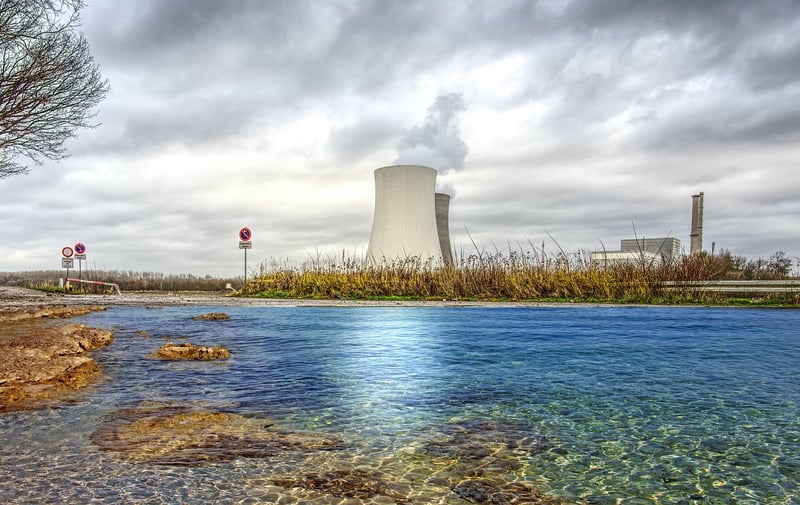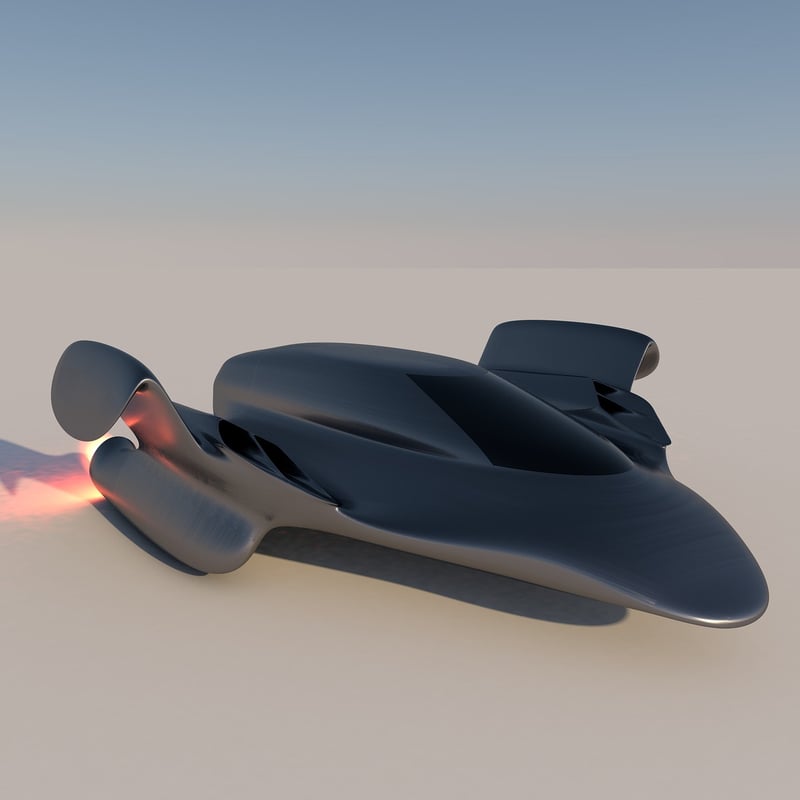Future Space Travel
Innovations for Space Exploration and the Future of Space Travel
Space exploration has always captured the imagination of humanity, driving us to push the boundaries of what is possible. With advancements in technology, the future of space travel looks more promising than ever. Let's explore some of the innovative technologies shaping space exploration and paving the way for the future.
1. Ion Propulsion Systems

Ion propulsion systems are revolutionizing space travel by providing efficient and long-lasting thrust compared to traditional chemical rockets. These systems use electric fields to accelerate and expel ions at high speeds, enabling spacecraft to reach higher speeds and travel longer distances with less fuel consumption.
2. In-Situ Resource Utilization (ISRU)

ISRU involves utilizing resources available at space destinations, such as extracting water from lunar ice or mining asteroids for metals. By leveraging local resources, future space missions can reduce the need to carry all supplies from Earth, making long-duration missions more sustainable and cost-effective.
3. 3D Printing in Space

3D printing technology enables astronauts to manufacture tools, spare parts, and even habitats directly in space, eliminating the need to transport every item from Earth. This capability enhances self-sufficiency during missions and opens up possibilities for on-demand manufacturing in the harsh environment of space.
4. Nuclear Thermal Propulsion

Nuclear thermal propulsion systems use nuclear reactions to heat propellant, producing high thrust and efficiency levels. This technology could significantly reduce travel times for crewed missions to Mars and beyond, making human exploration of the solar system more feasible.
5. Space Tourism and Beyond

With companies like SpaceX and Blue Origin working on commercial space travel, the dream of space tourism is becoming a reality. In the future, space hotels, lunar resorts, and even missions to other planets could be within reach for adventurous travelers looking to experience the wonders of space.
As we look ahead to the future of space exploration, these innovations promise to redefine our understanding of the cosmos and unlock new possibilities for humanity's journey to the stars.
